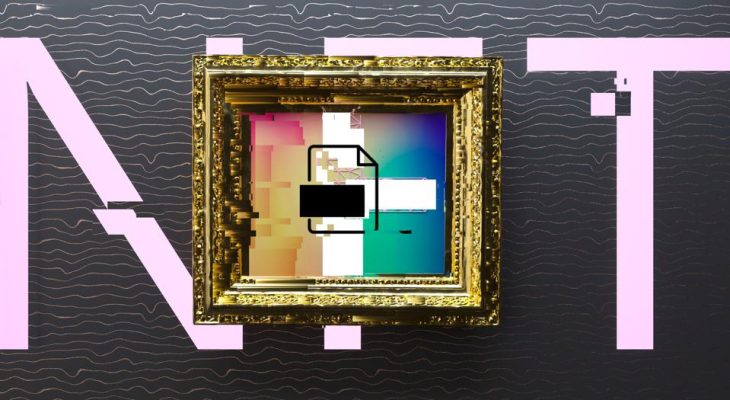Using NFTs to capture new business opportunities is relatively straightforward. First, businesses must identify the types of digital assets they want to represent with NFTs. This could include artwork, gaming items, and collectibles. Once the assets have been identified, businesses must create the necessary NFTs to represent them. This can be done using a blockchain platform or service.
Once the NFTs have been created, businesses must develop a strategy for marketing their NFTs, which could include using social media and influencers to reach potential customers. Additionally, companies should consider launching airdrops and giveaways to promote the NFTs further.
Of course, this is a brief introductory summary of how businesses can gain opportunities with this fresh new trend dominating the digital space – but the following article will discuss the topic further, explaining how NFTs can benefit businesses in more detail. Read on to learn more and how you could boost your business through NFTs.
What are NFTs?
NFTs are a type of digital asset that is stored on a blockchain. They are unique digital items that can represent a wide range of things, such as artwork, music, video, and in-game items. NFTs provide digital ownership and scarcity to these digital items, which can be bought, sold, and traded on the blockchain. The most popular blockchain platform for NFTs is Ethereum.
NFTs are different from other digital assets because they are non-fungible. This means that each NFT is unique and cannot be replaced or substituted for another one. This is in contrast to fungible tokens, such as Bitcoin, which can be divided or exchanged for the same amount as another token.
As a budding trend, NFTs have opened up a new way of engaging with customers and creating opportunities for businesses to create unique and memorable experiences. By leveraging the blockchain, brands can launch exclusive digital items, such as limited-edition art pieces or music, that can be bought and sold on the blockchain, as well as collected.
For any NFT transaction, you will need a crypto wallet, and one with proof of reserves is the best kind to get. You can learn more on OKX – the guide on proof of reserves at okx.com contains a lot more info on this topic.
Types of Non-Fungible Tokens (NFTs)
NFTs are typically divided into three main types: tokens, collectibles, and assets. Tokens are the most basic type of NFT and are typically used to represent ownership of digital assets. Collectibles are NFTs that represent rare and unique digital assets, such as artwork, gaming items, and collectibles. Assets are NFTs that represent real-world assets, such as stocks, bonds, and real estate.
NFTs and digital asset ownership
NFTs are revolutionizing the way digital assets are owned and managed. By allowing digital assets to be represented by unique and non-interchangeable tokens, NFTs make it easier for businesses to protect their digital assets from theft or counterfeiting. Additionally, NFTs make it easier to manage multiple digital assets at once and create digital economies, such as gaming economies and decentralized exchanges.
Best practices for using Non-Fungible Tokens (NFTs)
When using NFTs, businesses should follow a few best practices.
- Businesses should ensure that their NFTs are secure and immutable. This can be done by using a secure blockchain platform and creating a smart contract to issue the tokens.
- Businesses should develop a strategy for marketing their NFTs, which may include using social media and influencers to reach potential customers and launching airdrops and giveaways.
- Businesses should also ensure that their NFTs comply with applicable regulations. Regulations can vary depending on the type of asset being represented, so companies should make sure that their NFTs comply.
Conclusion
Non-Fungible Tokens (NFTs) are a type of cryptographic token utilized to represent ownership of digital assets. They are more secure and efficient than traditional cryptocurrencies and more flexible, as they can represent any type of digital asset.
NFTs have many potential use cases, from artwork to stocks and bonds – and even virtual events and experiences. They can also be used to create digital economies, such as gaming economies and decentralized exchanges. Whatever the case, following the above-mentioned practices could help unlock new business opportunities through the growing popularity and power of NFTs.





